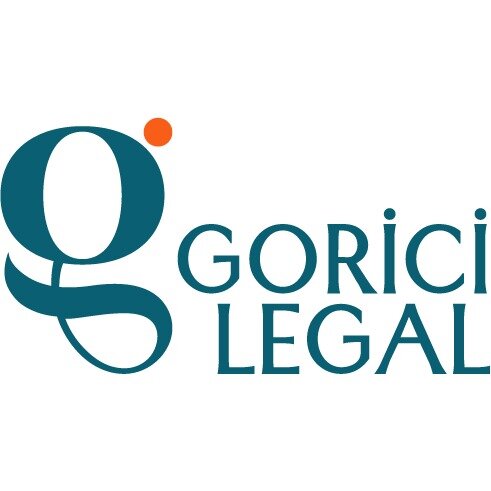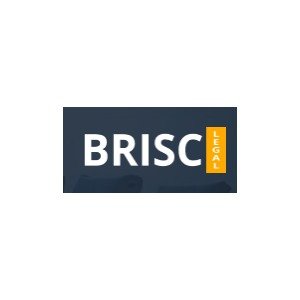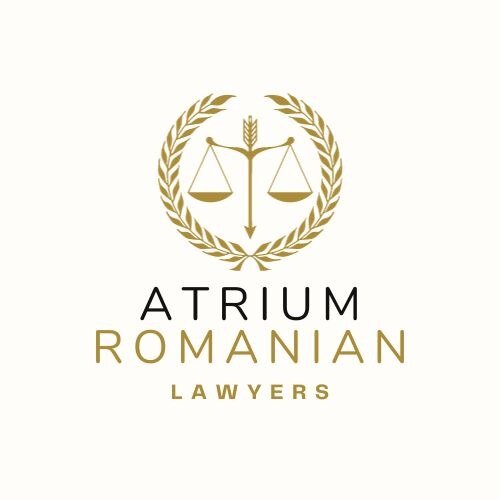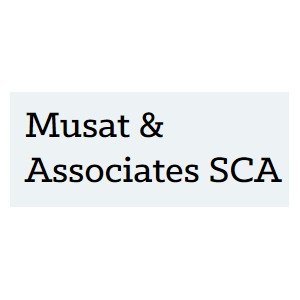Best Merger & Acquisition Lawyers in Romania
Share your needs with us, get contacted by law firms.
Free. Takes 2 min.
Or refine your search by selecting a city:
List of the best lawyers in Romania
About Merger & Acquisition Law in Romania
Merger & Acquisition (M&A) law in Romania encompasses the regulations, statutes, and legal practices involved in the consolidation of companies or assets. Governed by both local legislation and EU directives, M&A activities in Romania consider fiscal regulations, competition laws, and corporate governance norms. The Romanian market, with its strategic positioning in Europe, offers significant opportunities for both domestic and international investors looking to expand their business operations through M&A transactions.
Why You May Need a Lawyer
Legal expertise is often crucial in M&A transactions to navigate complex regulatory environments and ensure compliance with applicable laws. Common scenarios where legal assistance becomes necessary include:
- Conducting due diligence to identify potential legal, financial, or operational risks associated with the transaction.
- Negotiating and drafting transaction documents such as sale agreements, shareholder agreements, or joint venture contracts.
- Ensuring compliance with Romanian competition laws and securing approvals from relevant authorities.
- Navigating cross-border considerations and aligning the transaction with EU regulations and directives.
- Addressing any employment, tax, or intellectual property issues that arise during the course of the merger or acquisition.
Local Laws Overview
Romanian laws impacting M&A largely revolve around company law, tax law, and competition regulations. Key aspects include:
- Company Law: Governed primarily by the Companies Law No. 31/1990, it outlines the framework for establishing, operating, and dissolving business entities.
- Competition Law: The Competition Council oversees antitrust regulations, preventing any infringement of competition law that could destabilize the market.
- European Union Regulations: As an EU member, Romanian M&A transactions are subject to the bloc's regulatory framework which ensures free competition and transparency.
- Securities Laws: If publicly listed companies are involved, the Capital Market Law No. 297/2004 and regulations from the Financial Supervisory Authority apply.
Frequently Asked Questions
What is the basic process of an M&A transaction in Romania?
The process typically involves target selection, due diligence, negotiation, drafting of transactional documents, securing regulatory approvals, and completing the acquisition or merger.
What are the main regulatory bodies involved?
The Romanian Competition Council and the Financial Supervisory Authority are the primary bodies overseeing M&A transactions.
Is government approval necessary for all M&A transactions?
Not all transactions require government approval, but those involving significant market share or concentration need clearance from competition authorities.
What are the common types of M&A transactions in Romania?
Common types include statutory mergers, share acquisitions, asset acquisitions, and joint ventures.
Are there any notable sector-specific regulations?
Sectors such as energy, telecom, and banking often have additional regulatory requirements due to their strategic importance to national security and consumer protection.
How does one conduct due diligence effectively?
Engaging experienced legal and financial advisors to meticulously assess financial, legal, and operational aspects is vital for effective due diligence.
What are the tax implications of M&A in Romania?
Transactions can involve various tax considerations, such as VAT, corporate tax, or capital gains tax, requiring strategic tax planning.
What role do local courts play in M&A disputes?
Local courts can adjudicate disputes arising from M&A transactions, especially if parties have not aligned on arbitration mechanisms.
Can foreign investors participate in Romanian M&A?
Yes, foreign investors are encouraged to participate under specific conditions that align with national and EU competition policies.
What post-merger integrations are typically required?
Integration often involves aligning corporate cultures, systems, operations, and human resources to ensure seamless business continuity.
Additional Resources
Useful resources for M&A in Romania include:
- Romanian Competition Council
- The Financial Supervisory Authority of Romania
- Chamber of Commerce and Industry of Romania
- European Commission's page on antitrust and merger regulations
Next Steps
For those seeking legal assistance in M&A, it's recommended to:
- Consult with a specialized M&A lawyer to understand the specifics of your transaction and legal obligations.
- Engage a reputable legal firm with significant experience in Romanian and EU M&A law.
- Ensure clear communication of your business objectives to your legal team to tailor their guidance effectively.
- Plan ahead for post-transaction integration to maximize value and achieve strategic goals.
Lawzana helps you find the best lawyers and law firms in Romania through a curated and pre-screened list of qualified legal professionals. Our platform offers rankings and detailed profiles of attorneys and law firms, allowing you to compare based on practice areas, including Merger & Acquisition, experience, and client feedback.
Each profile includes a description of the firm's areas of practice, client reviews, team members and partners, year of establishment, spoken languages, office locations, contact information, social media presence, and any published articles or resources. Most firms on our platform speak English and are experienced in both local and international legal matters.
Get a quote from top-rated law firms in Romania — quickly, securely, and without unnecessary hassle.
Disclaimer:
The information provided on this page is for general informational purposes only and does not constitute legal advice. While we strive to ensure the accuracy and relevance of the content, legal information may change over time, and interpretations of the law can vary. You should always consult with a qualified legal professional for advice specific to your situation.
We disclaim all liability for actions taken or not taken based on the content of this page. If you believe any information is incorrect or outdated, please contact us, and we will review and update it where appropriate.
Browse merger & acquisition law firms by city in Romania
Refine your search by selecting a city.

















